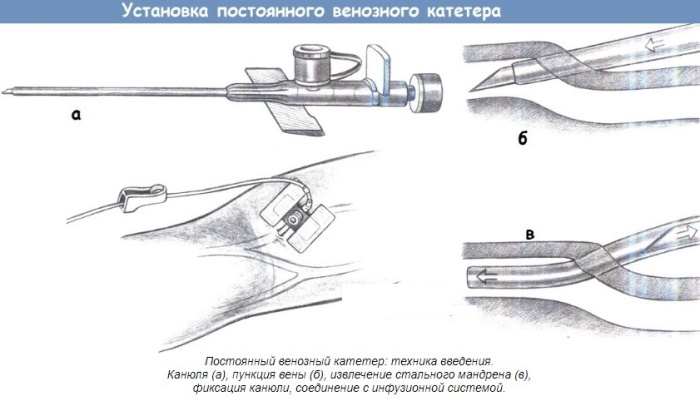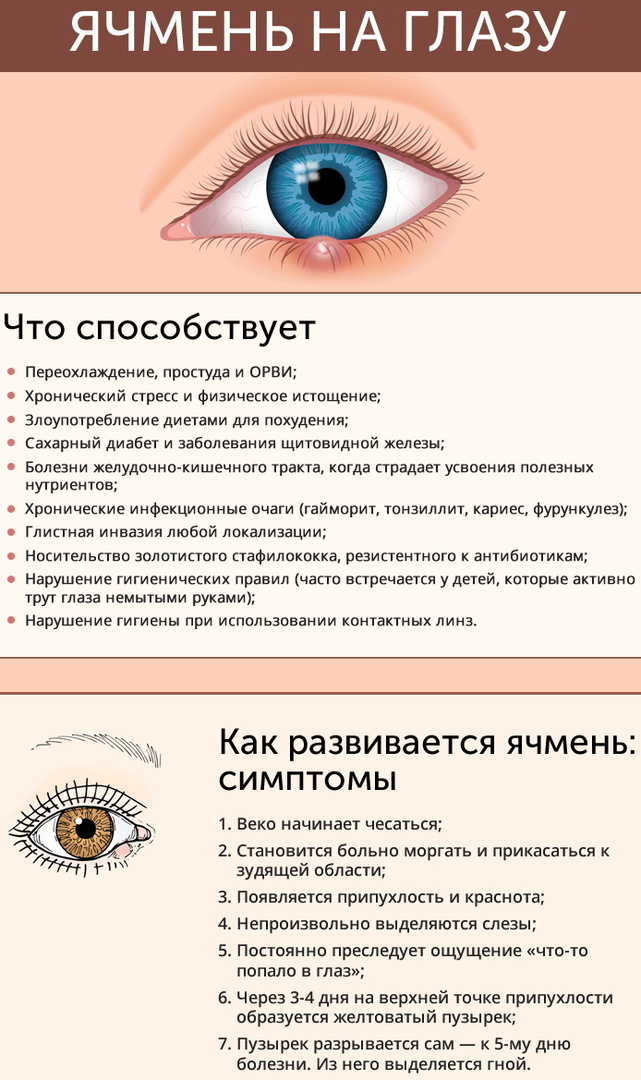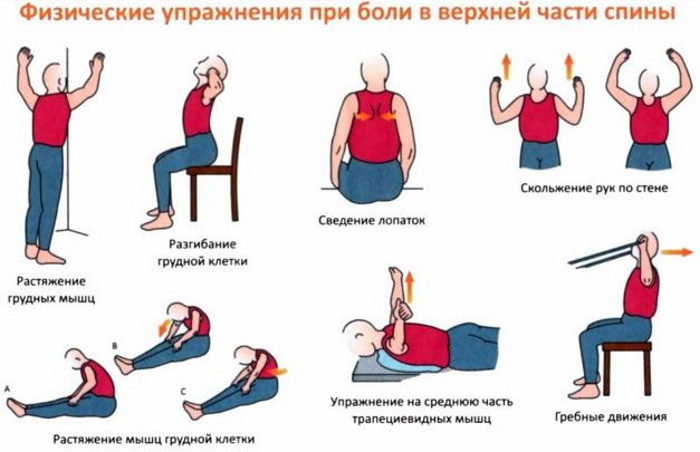What to do in such a situation, how not to get confused and provide the correct first aid to your child? Should specialists be disturbed in this case?
Let's try to deal with the question: is nosebleeds in children a serious or minor problem?
Epistaxis in children ranks first in frequency among spontaneous blood loss. Moreover, the nature of bleeding in boys and girls is no different.
Arising suddenly, nosebleeds frighten the child himself and his parents with the amount of blood loss, which promotes abundant blood supply to the nasal cavities and the physiology and anatomy of children organism.
Causes of nosebleeds in children
The child's nose is still relatively small, the mucous walls of the nasopharynx and nasal cavity are loose, tender, easily traumatized.
Without delving into the anatomical structure of the child, we can only say that in his nasal cavity the branches of the external and internal carotid artery are intertwined, belonging to the largest vessels the human body. The anterior part of the nasal septum is completely permeated with blood vessels, which, intertwining, form a special bleeding zone. It is here, in 90% of cases, that spontaneous nosebleeds begin. This is where you should look for the main causes of nosebleeds in children.
It can be noted that most often nosebleeds open as a result of:
- internal or external injuries to the nose (bruise, fracture, pencil injury with a finger, and so on);

- medical actions in the area of the nasal cavity (operations, manipulations);
- inflammation of the mucous membranes of the nose;
- thinning of the mucous membranes of the nose;
- polyps, tumors, tuberculous ulcers;
- an increase in body temperature and blood pressure;
- problems with blood clotting;
- deficiency of vitamins K, C;
- flu infections;
- sun or heatstroke;
- a sharp drop in atmospheric pressure;
- physical activity;
- liver disease;
- hormonal changes.
Treatment of nosebleeds in children
When you notice opened nosebleeds in a child, he should receive first aid:
- give him a position in which the head is above the level of the body (the optimal position is sitting, with the head lowered forward);
- talk to the child, calm him down;
- explain to him that you cannot blow your nose and swallow blood;
- apply cold to the bridge of the nose;
- drip vasoconstrictor drops (nasivin, galazolin, naphthyzin) into his nose;
- with your fingers, press the nostrils against the septum of the nose.
If these actions do not help, a gauze swab moistened with special drops or hydrogen peroxide (3%) should be inserted as high as possible into the nostril.
This is usually enough to stop the nosebleeds.
If, after all the actions performed, the nosebleeds do not stop, an ambulance should be called.
Frequent nosebleeds in children cannot be treated on their own. Experienced specialist doctors should be invited for treatment.
Nocturnal nosebleeds in children require special attention from parents.
Your actions in such a situation should be extremely simple and clear:
1. Call an ambulance.
2. Calm the child.
3. Before the ambulance arrives, apply ice or a cold metal object to the child's nose, and insert a swab soaked in medicated solution into the nasal cavity.
Be healthy!



